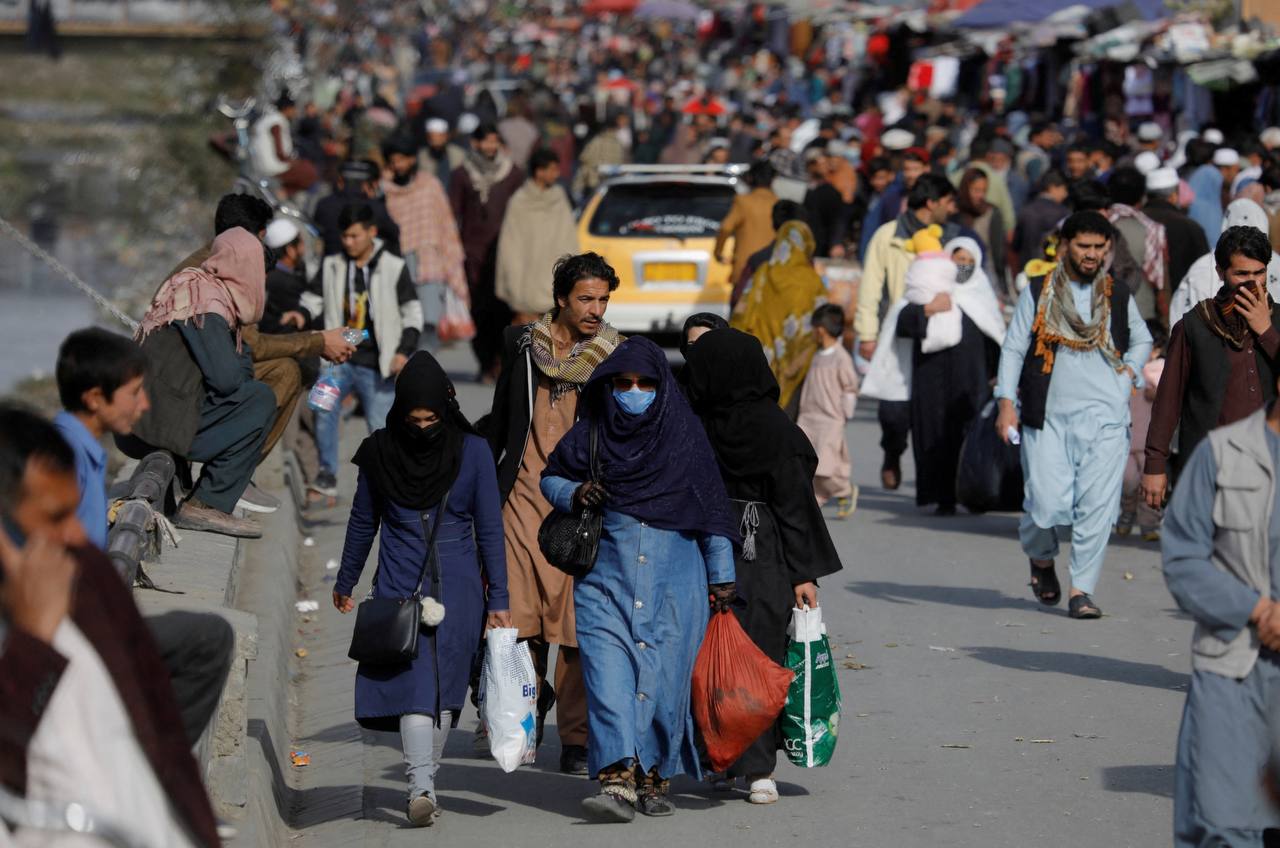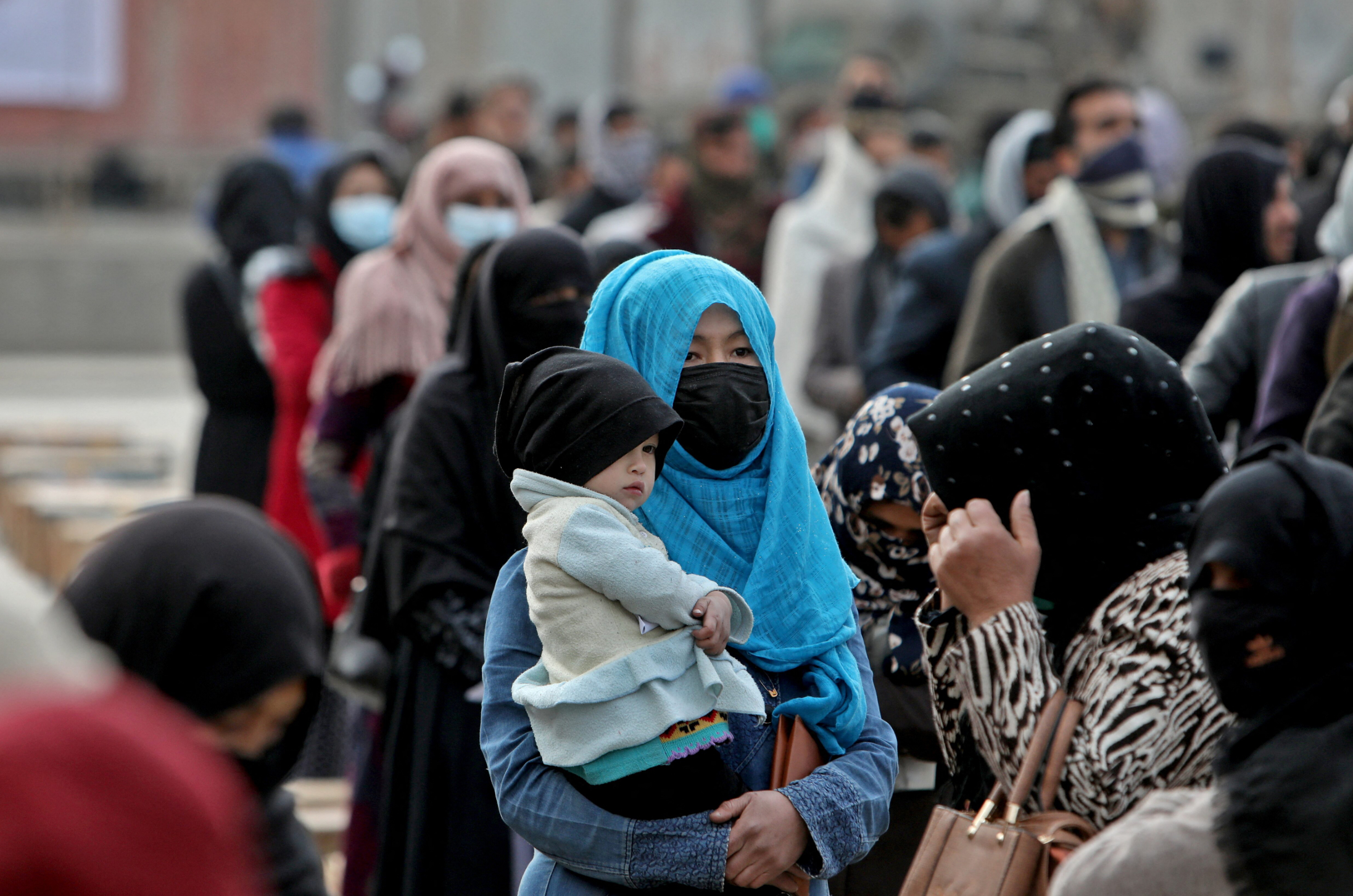A new report from ACAPS, an independent crisis analysis organization, warns that any reduction or halt in humanitarian operations in Afghanistan could exacerbate the country’s ongoing crisis, severely impacting the population.

The warning follows recent actions by U.S. President Donald Trump, who issued an executive order on January 20 to suspend U.S.-funded foreign aid for 90 days, including humanitarian assistance. Additionally, Trump’s call for the closure of the U.S. Agency for International Development (USAID) has raised concerns about the future of critical aid operations.
ACAPS reports that Afghanistan’s 2025 Humanitarian Needs and Response Plan (HNRP) requires $2.42bn to assist 16.8mn people, with less than 12% ($279.5mn) of the plan funded as of February 3. A large portion of these funds comes from U.S. sources, highlighting the significant role the country plays in sustaining humanitarian efforts. However, the report warns that the effects of funding cuts will be felt in the coming weeks as aid organizations determine which programs can continue under newly issued waivers.
The economic impact is already being felt by residents in Afghanistan. In Paktia, one local expressed frustration over the high cost of food and a lack of employment.
“People are unemployed. There is no work. The price of food is high,” he said, noting that prices remain high despite the switch from Pakistani rupees to Afghanis for transactions.
While some U.S. humanitarian programs are exempt from the suspension, ACAPS found that life-saving projects, including those that should have been covered under waivers, remain suspended due to funding freezes. Additionally, the suspension has caused a sharp fluctuation in Afghanistan’s currency market, leading to higher prices for essential goods, including food and fuel. The United Nations Office for the Coordination of Humanitarian Affairs (OCHA) has warned that one-third of Afghanistan’s population is at risk of severe hunger by March 2025.
Further complicating the situation, U.S. policymakers have expressed concerns about the Taliban’s access to humanitarian aid, raising questions about oversight and the distribution of funds. The former head of the Special Inspector General for Afghanistan Reconstruction (SIGAR) has previously noted that a significant portion of U.S. aid has ended up in the hands of the Taliban.

The ACAPS report underscores the critical role of U.S. humanitarian aid, with the U.S. contributing nearly 44% of all reported humanitarian funding in Afghanistan in 2024. This funding has supported essential services like education, healthcare, and infrastructure. The potential closure of USAID and the suspension of its operations would have far-reaching consequences for these services, leaving millions of Afghans without vital support.
Local residents, including Shirin Agha, a sole breadwinner for his family, have voiced frustration with the lack of employment opportunities and the growing financial difficulties, as per ToloNews.
"The economic problems are overwhelming. I come here to work, but I can’t make enough to cover household expenses," Agha said, echoing the widespread sentiment that the Afghan economy is in crisis.
Salim, a Kabul resident, urged the Islamic Emirate to prioritize job creation and economic recovery by launching projects, reopening factories, and taking action to create employment opportunities.
The Islamic Emirate’s Ministry of Economy has acknowledged the negative financial impact of the suspension of U.S. aid. Abdul Rahman Habib, spokesperson for the Ministry of Economy, emphasized that humanitarian assistance should not be used as a political tool, calling for a focus on the welfare of the Afghan people.
The ACAPS report also notes that the suspension of U.S. funding could have significant consequences for Afghanistan’s healthcare system. With the country already facing a deteriorating healthcare crisis, it remains unclear how the U.S. withdrawal from the World Health Organization (WHO) will further affect the situation.
Follow Daryo's official Instagram and Twitter pages to keep current on world news.
Comments (0)